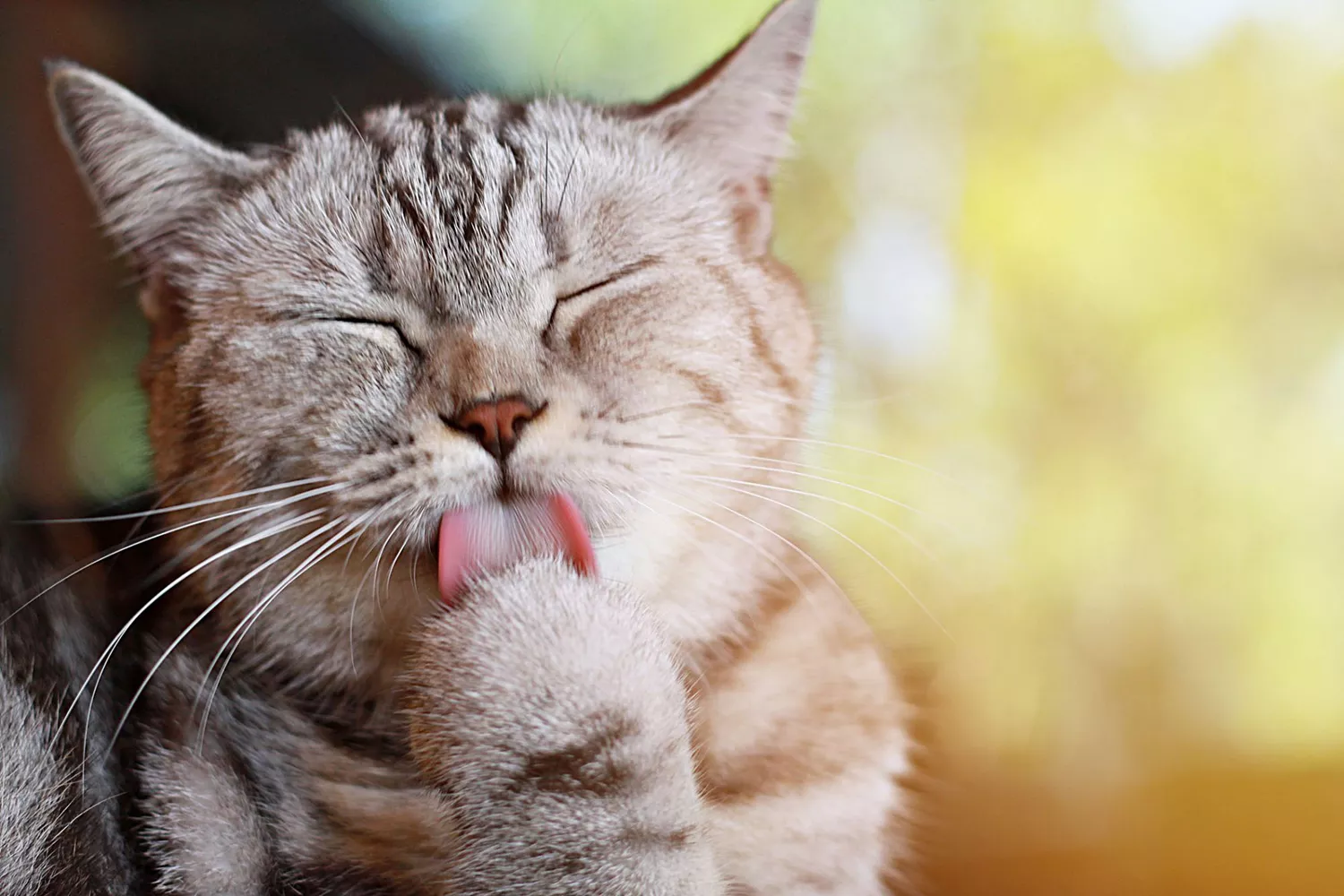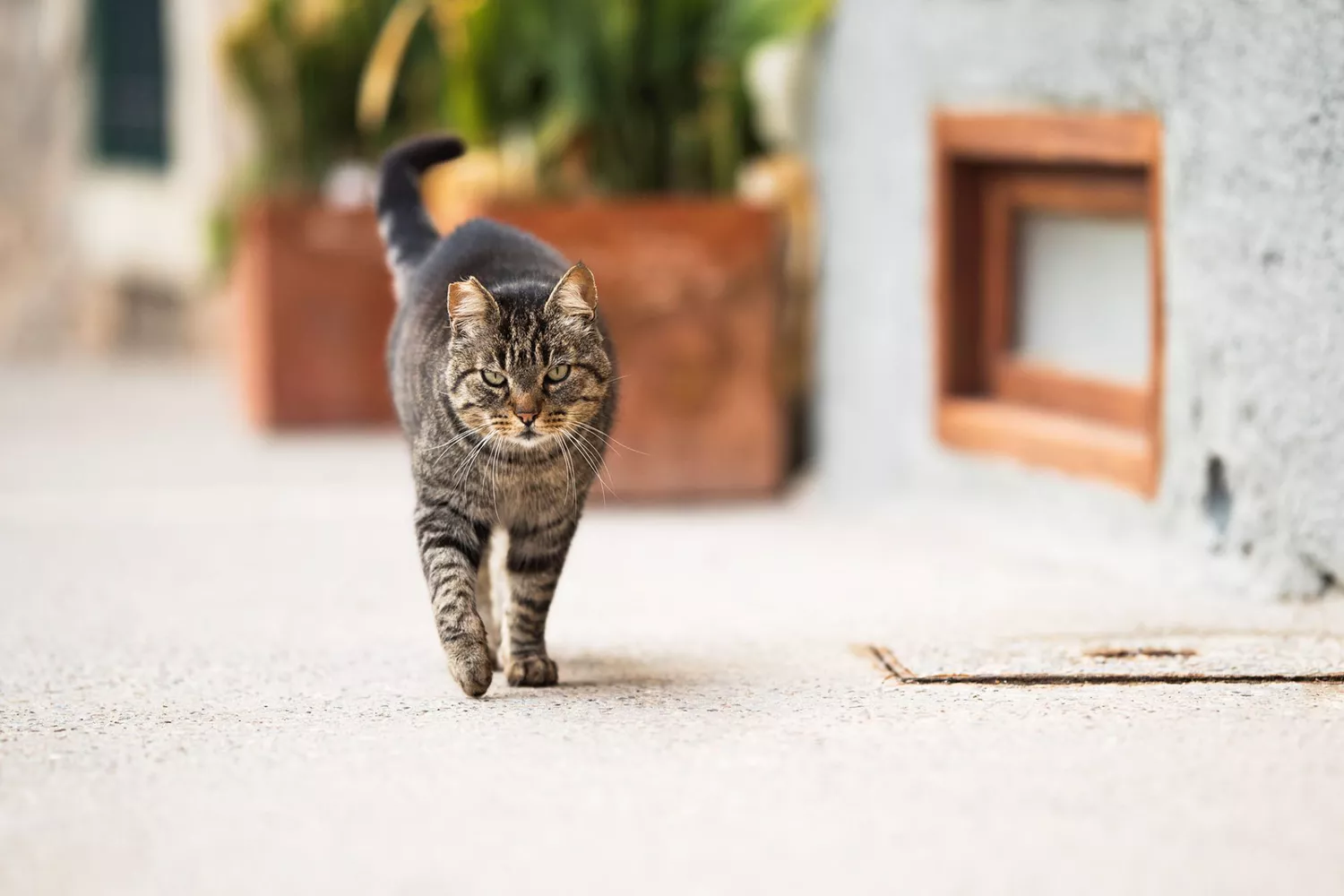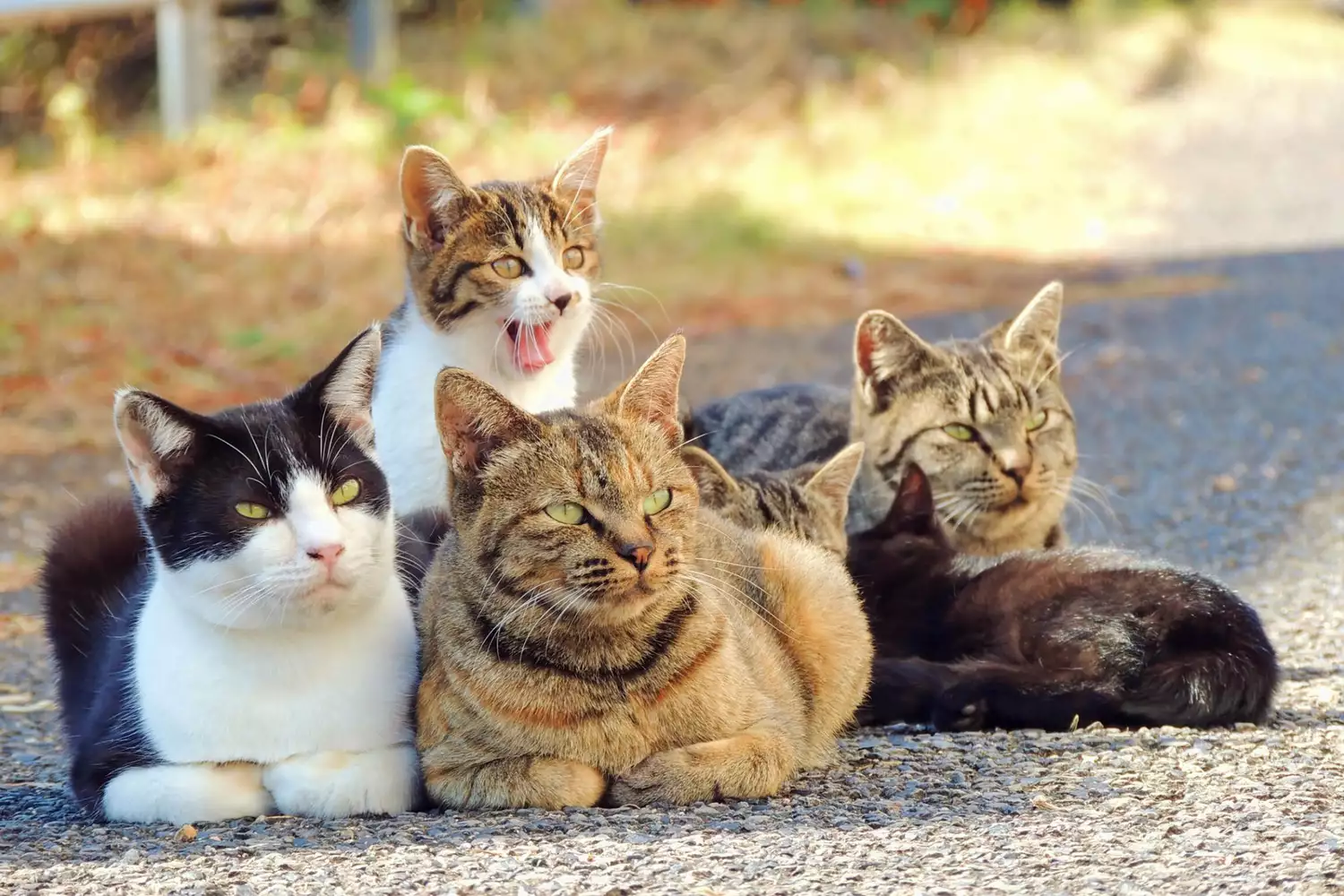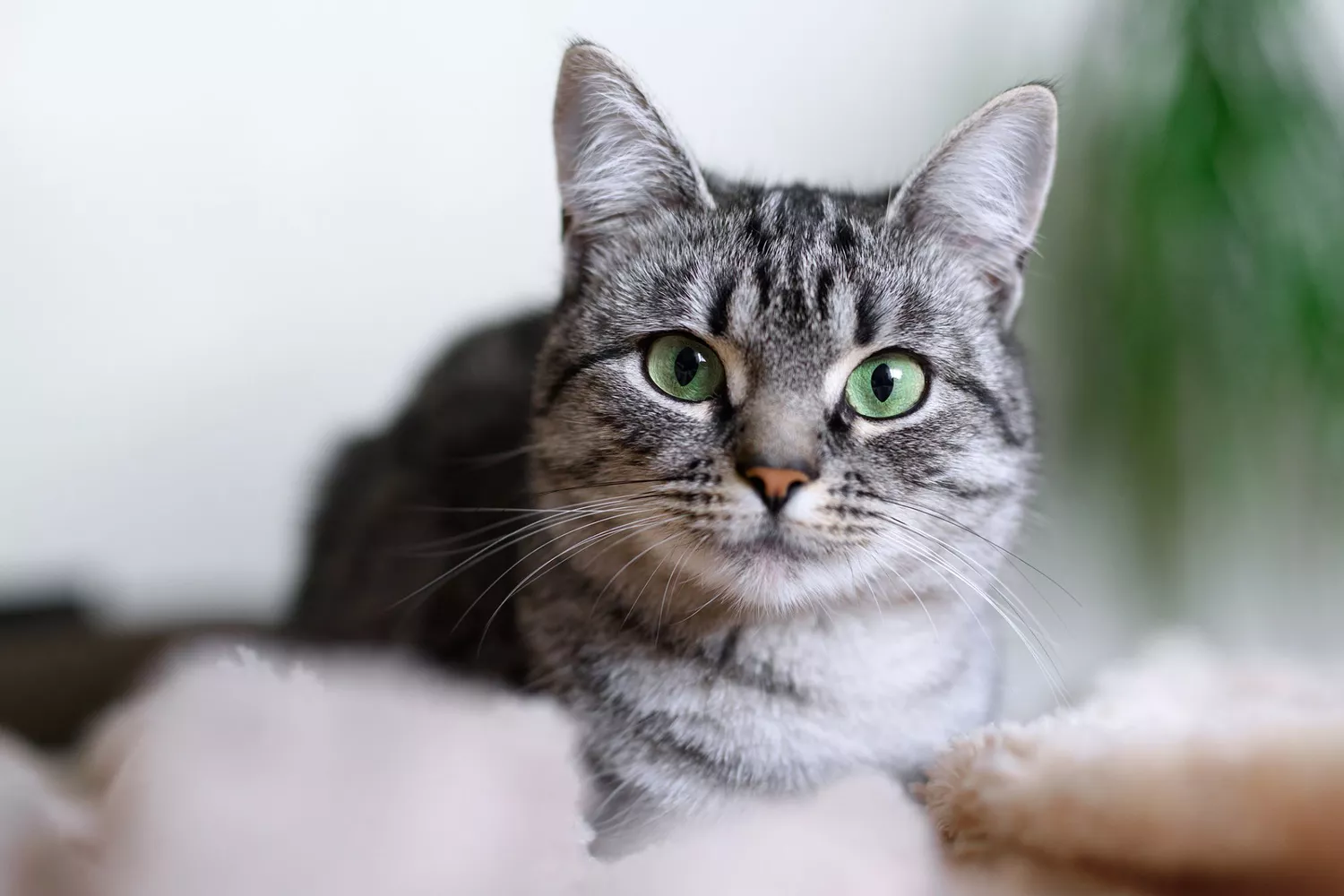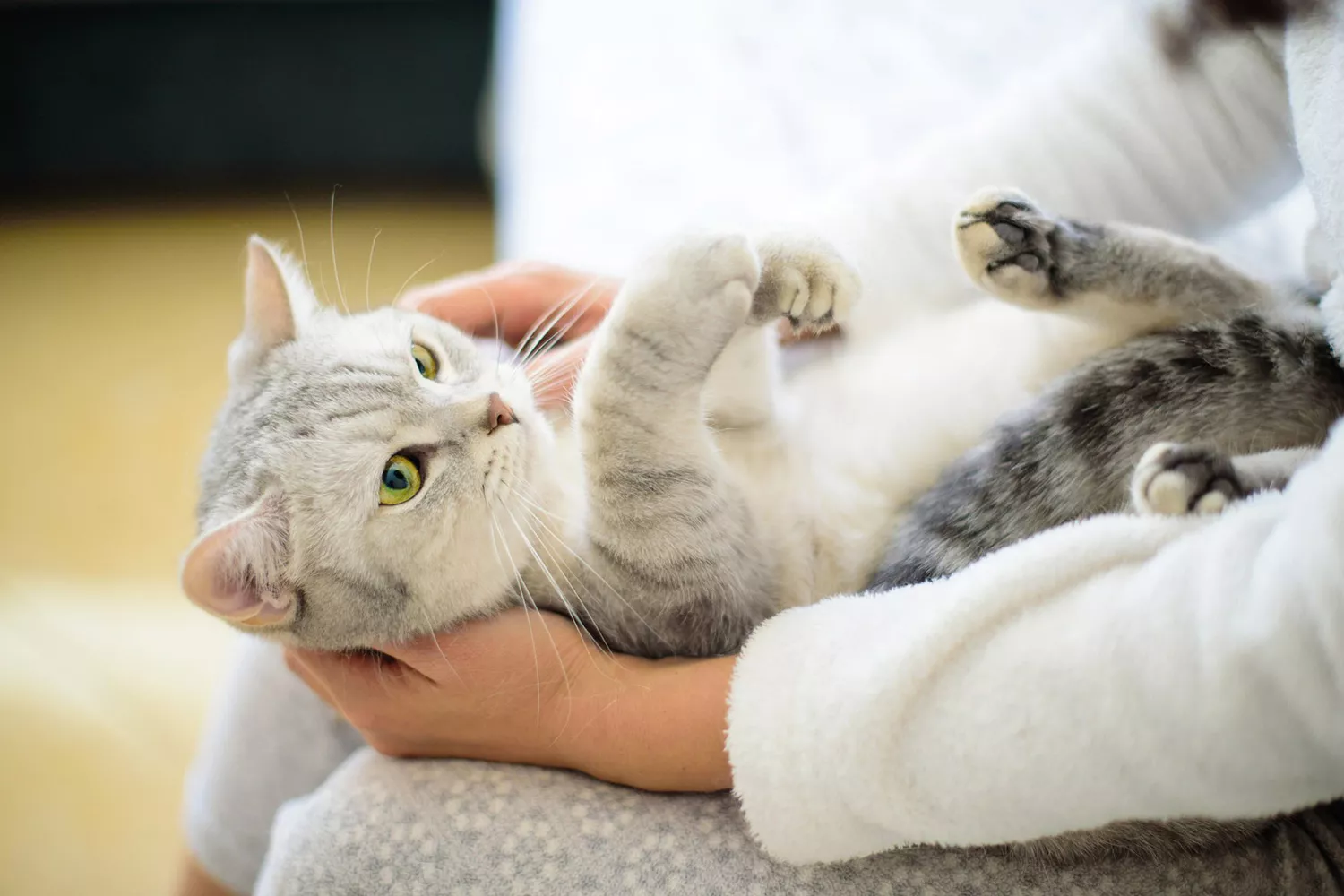
Pet dogs, or male’s best pals, were domesticated as social buddies long before felines. Now that we’ve invested a few more years with our feline buddies, do felines know when you’re sad?
Extra bonding time throughout the pandemic may have formed your cat-human relationship more than you believe, states Ragen McGowan, PhD, Animal Behavior Scientist at Purina. “Cats have grown more attached to their pet moms and dads and might have the ability to better translate their human’s sadness.”
Do Cats Sense Sadness?
We can’t state for sure what felines believe or feel– however we do understand they’re inquisitive creatures who use hints to change their behavior. The fact is, how cats interpret human feelings is a brand-new and early field of research.
Aromas
Felines may use cues like our scent to recognize us, McGowan says. The verdict’s still out if we launch aromas that might indicate sadness– or if felines can smell, recognize, and react to those aromas.
Visual Clues
Time for an unsightly cry? McGowan has some (kinda) good news. “While cats have fantastic visual recognition of other items, research reveals that felines have a tough time recognizing human faces,” McGowan states. Proceed, scrunch up your face and let it all out– your cat will not inform because she’s not truly sure what your face typically looks like.
There is a visual cue that felines readily react to. “Cats are sensitive to look– where our eyes are looking.
Auditory Clues
Ever talk with your cat through family pet web cam or phone? Yeah, me too and it’s clear that cats react to their human’s voice. “Cats can distinguish human emotion based upon the intonation, or if the human is making “unfortunate” or “delighted” noises,” McGowan states.
How Cats Interpret Human Emotions
I ‘d be lying if I said my feline hasn’t flat-out looked at me while I cried. What does it indicate? “Your cat is more than likely gazing at you while sobbing because they’re trying to make sense of what they see and hear,” McGowan states. Your feline might not understand human crying, however she’ll gather as lots of hints as she can and use them to change her habits.
Researchers know that reinforcement plays a big function in how your cat decides to react. So, if your go-to technique of comforting is swooning over your feline good friend, she might associate your sad body movement with getting attention.
Whether cats can comprehend that you are sad in the way we human beings understand sadness, scientists just don’t understand. In either case, there’s evidence that felines comfort people when sad. “When pet parents are depressed, cats rub against them more often. It’s most likely your cat is reacting to your emotion by trying to comfort you or draw your attention,” McGowan states.
How Human Emotions Affect a Cat
“Research has discovered that owners and their cats mirror each other’s well-being and habits,” McGowan says. “Similarly, a Purina survey discovered that 71 percent of surveyed cat owners concur that they feel their feline is stressed when they are stressed.”
So, McGowan states, it’s similarly crucial for us as it is for our felines that we nurture our mental health. If you’re feeling blue, initially, pet your cat. If you observe anxious propensities in your cat caused by your state of mind, McGowan suggests enriching her environment and asking your vet if a soothing supplement is best for her.







